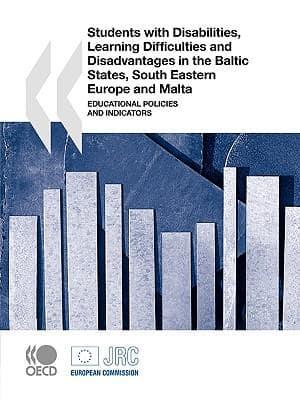Publisher's Synopsis
This book provides an internationally comparable set of indicators on the educational provision for students with disabilities, learning difficulties and disadvantages (SENDDD). It covers the number of students concerned, their learning environment (special schools, special classes and regular classes) and level of education (pre-primary, compulsory and upper secondary education). It also discusses policy implications vis-à-vis special education needs and offers an analysis of the participation and performance of students with special education needs in the 2006 round of the Programme for International Student Assessment (PISA). The volume is the result of co-operation between the OECD and the Centre for Research on Lifelong Learning (CRELL) of the European Commission's Joint Research Centre on the study of indicators of educational provision for students with disabilities, learning difficulties, and disadvantages. It presents quantitative and qualitative data for the school year 2005-2006 for Bulgaria, Croatia, Estonia, Latvia, Lithuania, Malta, Slovenia, and Romania as well as for Bosnia and Herzegovina, Kosovo, Moldova, Montenegro, and Serbia. Students with Disabilities, Learning Difficulties and Disadvantages in the Baltic States, South Eastern Europe and Malta: Educational Policies and Indicators will be of particular interest to policy makers and education experts looking for an internationally comparative framework on special education.










